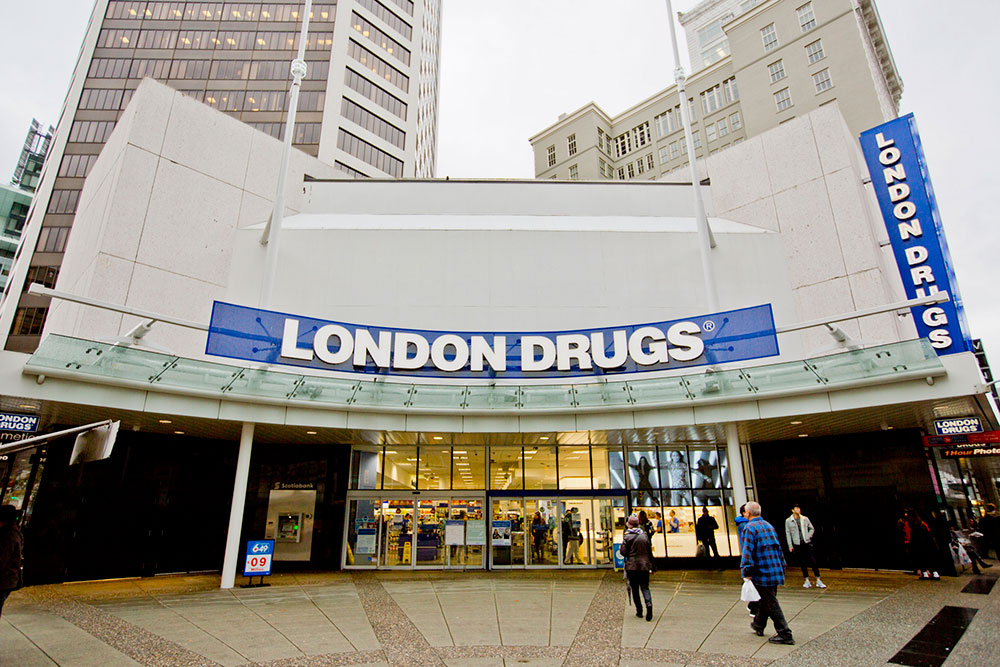publicly funded treatment every year, the vast majority involving an OST component. Millar said that the mainstay of opioid addiction treatment in the U.K. is OST using methadone or, less commonly, buprenorphine — treatments that have been prominent and included in government policies since the late 80s.

Other common practices for treating opioid addiction in the U.K. include community or inpatient detoxification and residential rehabilitation when indicated. According to Millar, the U.K. has a thriving community of peer-led support groups for people seeking recovery from opioid addiction, and the National Institute for Health and Care Excellence also recognizes the value of formal psychosocial interventions, such as contingency management and behavioral couples therapy — but the use of these practices is relatively uncommon.
The study concluded that opioid users should be encouraged to engage in OST in order to reduce their risks of fatal overdoses, while clinicians should be extremely careful to not influence their patients to leave treatment prematurely.
“There is a need to manage treatment transitions very carefully,” Millar added. “There is a need to continue to provide support and to try to mitigate relapse, and thus overdose, risk after discharge from treatment. Hopefully [the study] will encourage the public to understand some of the complexity inherent in the treatment of opioid addiction. The most important takeaway is that OST helps to keep people alive. If they are alive then they have a chance of recovering from their addiction.”
















